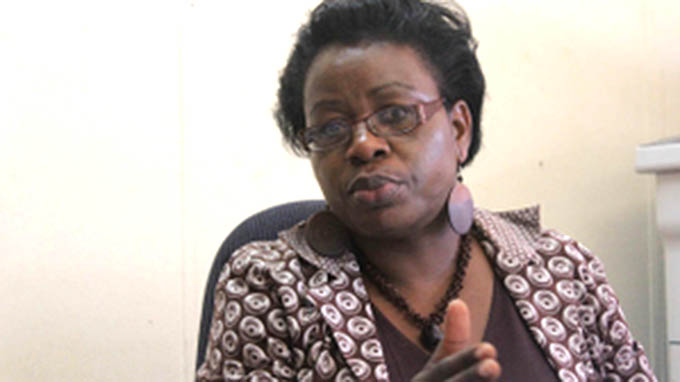Govt intensifies measles vaccination

Elita Chikwati Senior Reporter
Government has intensified efforts in measles vaccination coverage as the country joined the rest of Africa in commemorating the Africa Vaccination Week.
Annually Zimbabwe participates in the Africa Vaccination Week during the third week of April.
The African Vaccination Week which ran from April 22 to 28 under the theme “Vaccines work . . . Do your part”, unites the region to strengthen immunisation services and systems to protect people from vaccine-preventable diseases.
The World Health Organisation says that vaccine-preventable diseases claim the lives of more than half-a-million children younger than five years every year in Africa — representing 56 percent of the global deaths related to vaccine-preventable diseases.
Ministry of Health and Child Care’s Epidemiology and Disease Control director Dr Portia Manangazira on Monday said during the African Vaccination Week, Government engaged in awareness campaigns on the importance of vaccination in preventing diseases and deaths.

Dr Manangazira
“During the Africa Vaccination Week, we do not conduct campaigns as such, but use the opportunity to raise awareness on the power of vaccines to prevent diseases and deaths and the need to vaccinate especially children against all vaccine preventable diseases,” she said.
“For this year, we have intensified efforts in six-low performing districts which require us to raise measles vaccination coverage to at least 90 percent (elimination requires sustained 95 percent coverage).”
Dr Manangazira said all districts were concentrating on reminding parents and caregivers to present their children under five years for weight checks, other assessments including in case they had missed out on some vaccines.
She said the country had been immunising children under the Zimbabwe Expanded Programme on Immunisation (ZEPI) or EPI.
This is a high performing programme that started at independence in 1980 when the new Government embraced both primary health care concept and philosophy to health services delivery.
“The health for all by the year 2000 and of course, immunisation of children against the six killer diseases (tuberculosis, measles, diphtheria, tetanus, whooping cough, and polio) was a key pillar,” said Dr Manangazira.
“Thirty years ago, polio was widespread across 125 countries causing millions to endure lifelong paralysis yet in 2018 there were reports of 33 cases reported worldwide of polio in Afghanistan and Pakistan, maternal and neonatal tetanus which was fatal has been eliminated in all countries except 13, because of vaccination of women before and during pregnancy.”







Comments